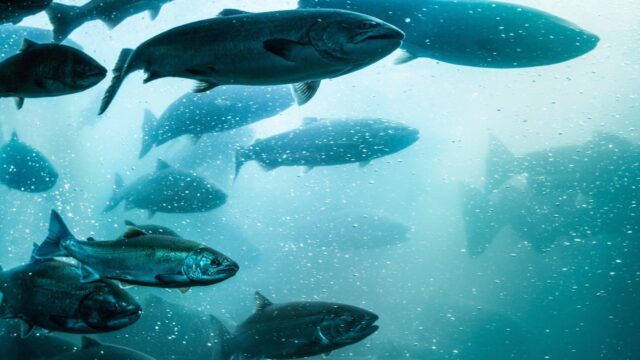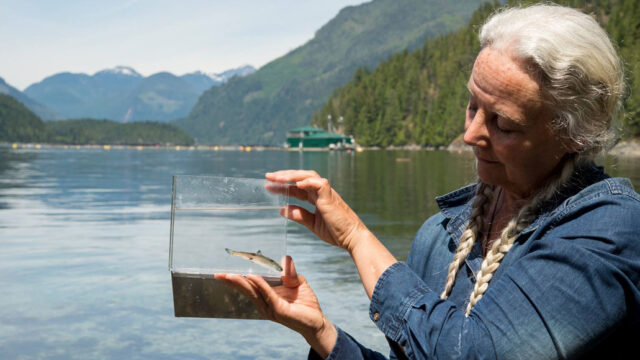Infectious Salmon Anemia virus (ISAV) is an internationally reportable virus that has killed millions of salmon and caused massive losses to aquaculture industries in Chile, eastern Canada, and Norway. There is significant concern that ISAV and other diseases found in open net fish farms can spread to wild salmon and could cause catastrophic losses in BC.
In 2007, a government veterinarian correctly advised the Minister of Agriculture and Lands that the import of live Atlantic salmon eggs is a high-risk activity that contributed to the development of ISAV infection in Chile. However, he also erroneously told the Minister that B.C. does not does not import, and does not allow the import of, live Atlantic salmon eggs. At the time that the advice was given, over 28 million live Atlantic salmon eggs had been imported into the province. Salmon raised from those eggs were placed in open net pens on wild Pacific salmon migration routes.
In 2013, biologist Alexandra Morton asked the College of Veterinarians of British Columbia to investigate whether the veterinarian’s erroneous advice amounted to professional misconduct. The College refused to investigate. In December 2014, on Ms. Morton’s behalf, we launched a lawsuit against the College of Veterinarians of British Columbia arguing that the refusal to investigate was based on unlawful considerations.
As a result of the lawsuit, in February 2015, the College confirmed that it would conduct an investigation. Ms. Morton is dropping the lawsuit.



